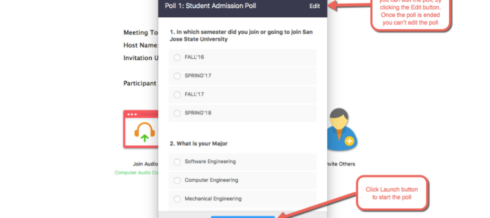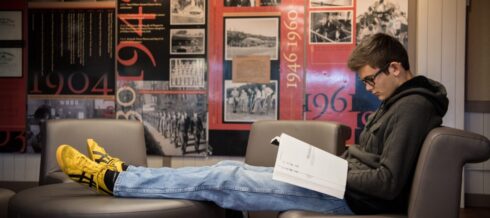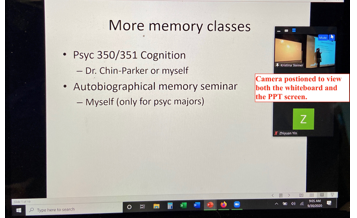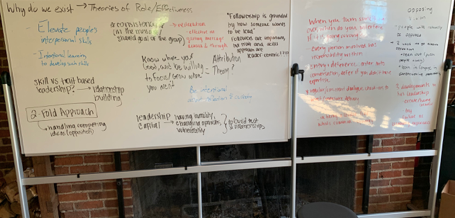A chance to be heard – Jeff Kurtz, Communication
The date, November 9, 2016 – one day after the 2016 presidential election. Needless to say, political pundits were not the only ones surprised by the election results. When I entered my classroom that day there was a palpable “something” in the air. It was clear my students were not in a space to conduct classroom work as usual.










